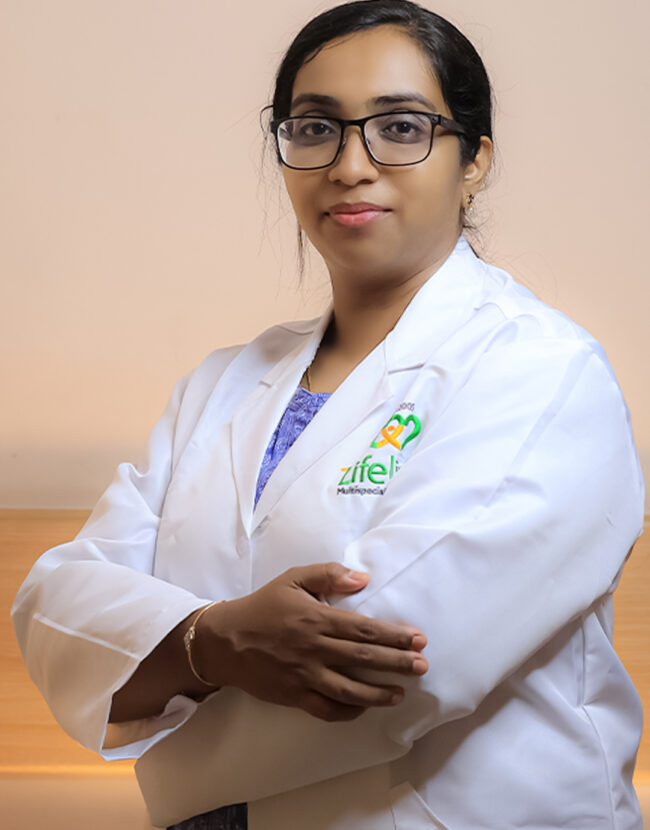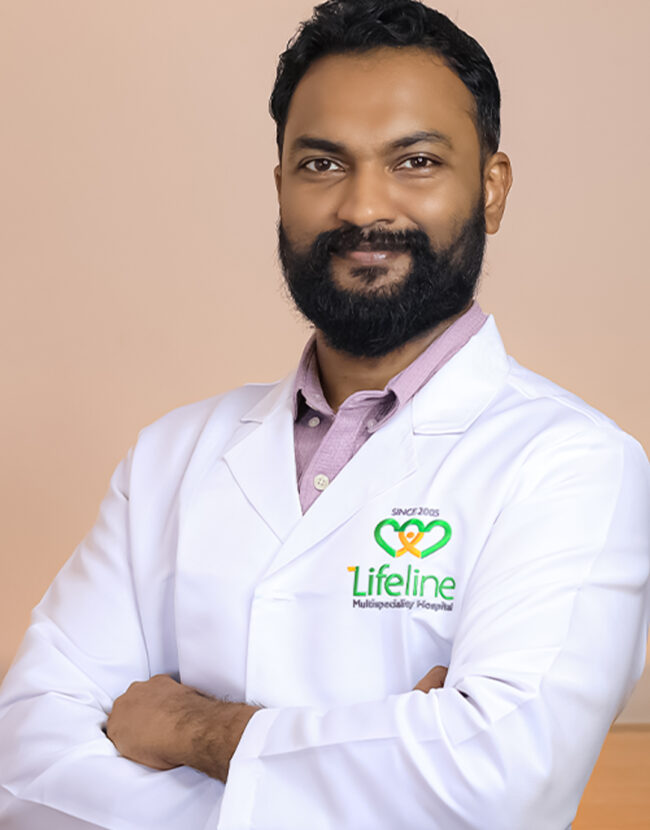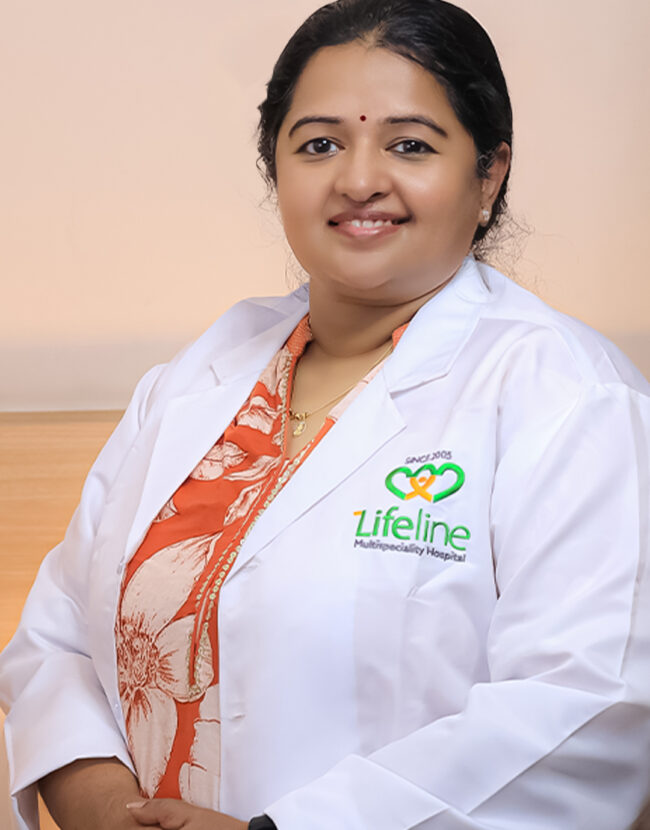Gynaecological Laparoscopy at The Lifeline Hospital
Minimally Invasive Surgery for Women’s Health
At The Lifeline Hospital, our department of gynaecology and obstetrics offers minimally invasive surgery for women’s health issues. Our team of experienced surgeons specializes in evaluating and treating women with a wide range of noncancerous (benign) gynaecologic conditions.
Benefits of Gynaecological Laparoscopy
Lower Risk of Complications
Easier Recovery
Shorter Hospital Stay
Services Offered
Hysteroscopic Surgery
- Diagnostic and Pre IVF Hysteroscopy
- Hysteroscopic tubal canulation
- Operative Hysteroscopy (Submucous Myomectomy, Septum correction & polypectomy)
Advanced Laparoscopic Surgery
- Diagnostic Laparoscopy and Laparoscopic Sterilization
- Laparoscopic Management of Ovarian Cyst
- Laparoscopic Salpingo-Oophorectomy
- Laparoscopic Management of Tubal Pregnancy
- Laparoscopic Total Hysterectomy
- Laparoscopic Re-canalization Surgery
- Laparoscopic Burch Suspension
- Laparoscopic Myomectomy
- Laparoscopic Sacro-Colpopexy
- Radical Laparoscopic Hysterectomy
- Laparoscopic Pelvic Floor Repair
- Laparoscopic Vesico-Vaginal Fistula Repair
- Laparoscopic Lymphadenectomy for Gynecological Malignancies
- Laparoscopic uterine nerve ablation for chronic pelvic pain
Meet Our Expert Team
Dr. Cyriac Pappachan
Dr. Jesna Hassan
Dr. Nirpin Cleetus
Dr. Roshni Subhash
Refined Wellness
for Your Body and
Mind
FAQs – Gynec Laparoscopy Hospital in Pathanamthitta
Laparoscopic surgery is a minimally invasive technique where small incisions are made, and a tiny camera (laparoscope) is used to guide the procedure, leading to faster recovery and minimal scarring.
Most patients recover within 1-2 weeks, compared to 4-6 weeks for traditional open surgery.
Laparoscopic surgery is less painful than traditional surgery. Pain is minimal, and patients are given medication for comfort.
Yes! Laparoscopic surgeries for fibroids, ovarian cysts, and endometriosis can improve fertility and increase the chances of pregnancy.
The cost depends on the type of procedure and hospital facilities. At The Lifeline Hospital Kerala, we offer affordable laparoscopic surgery packages with flexible payment options.
Error: Contact form not found.






